Statistics Teaching Resources & Worksheets
Bar Chart Templates

Bar Charts vs Histograms
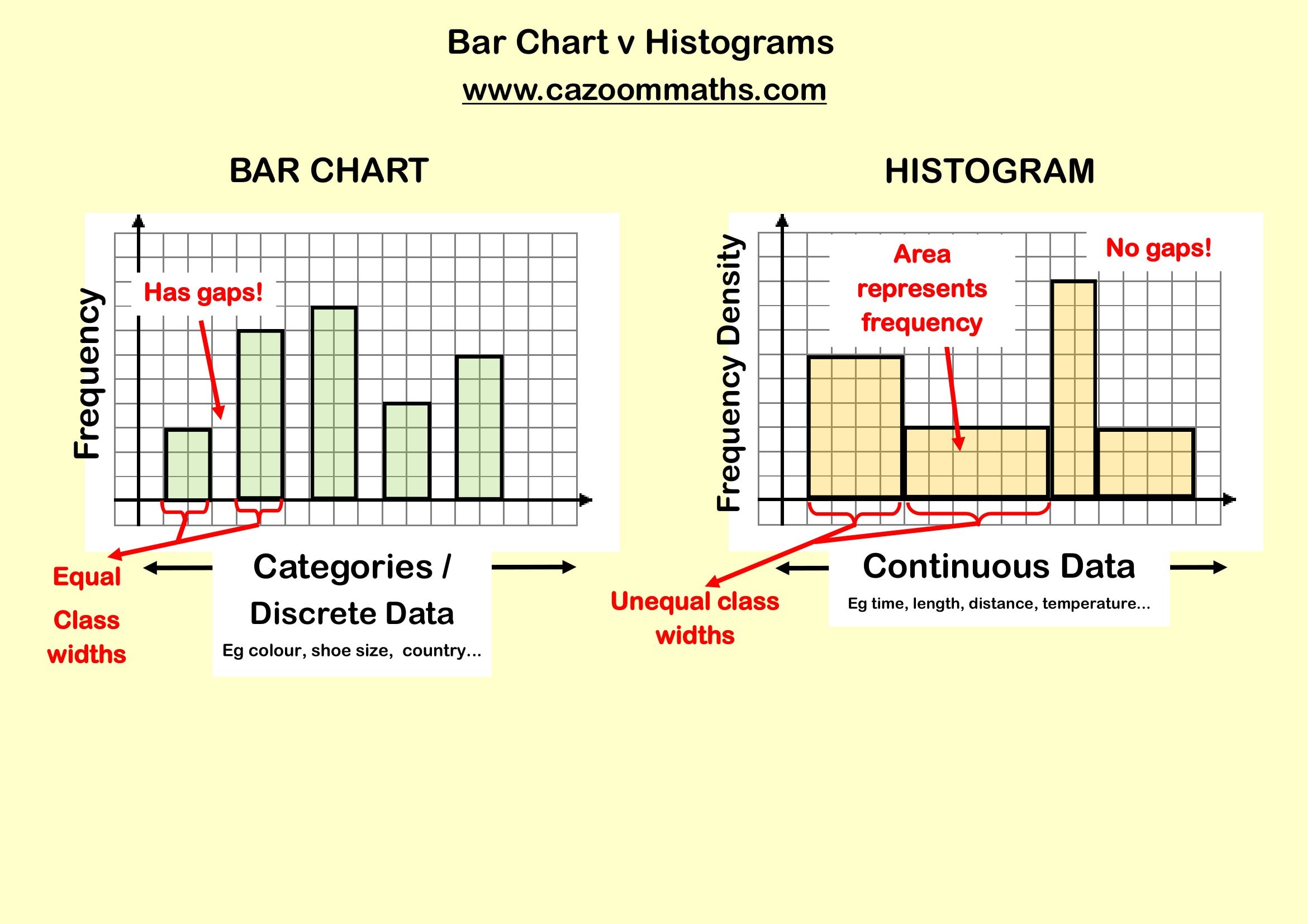
Blank Pie Charts
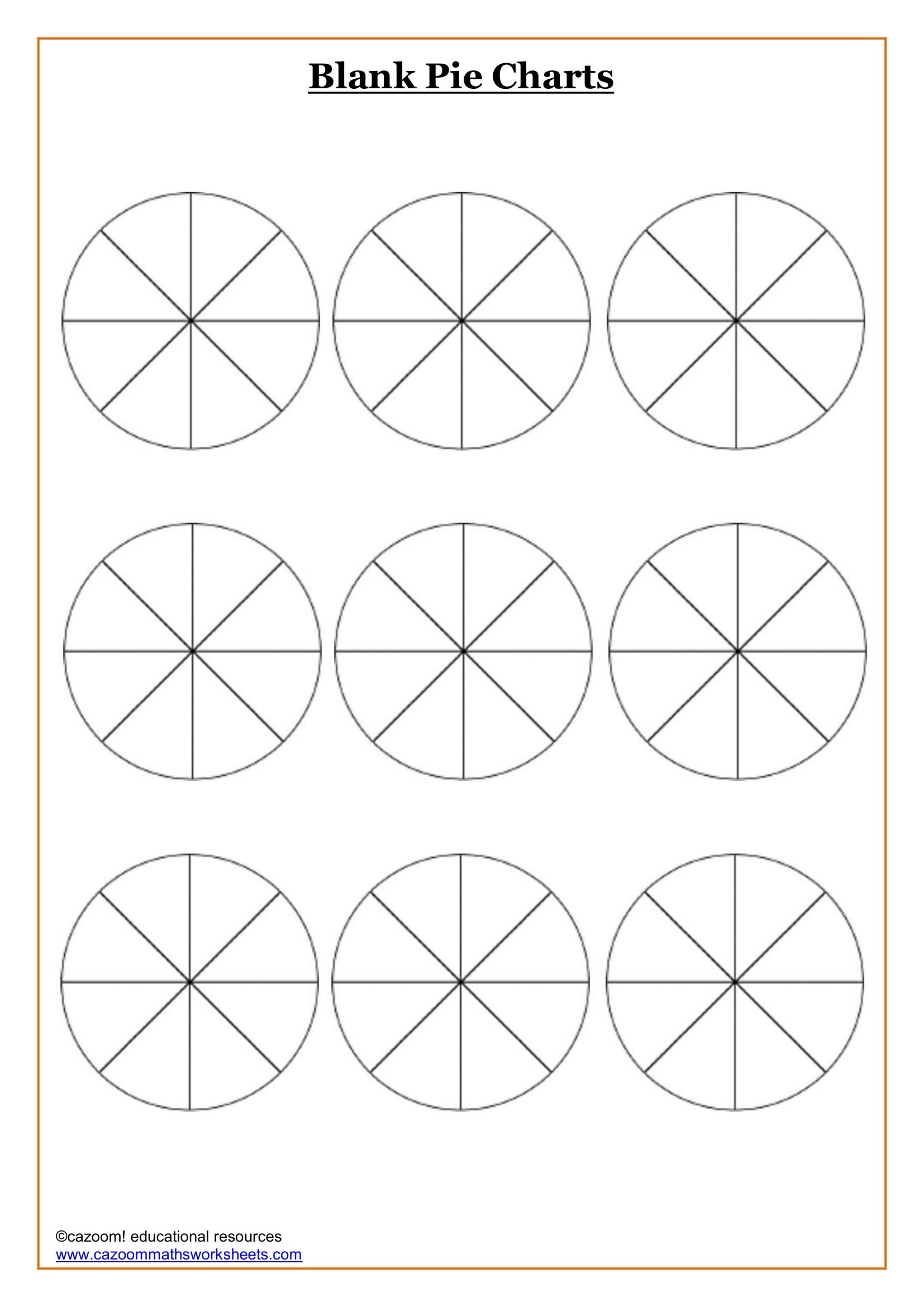
Comparing Back to Back Stem and Leaf Diagrams
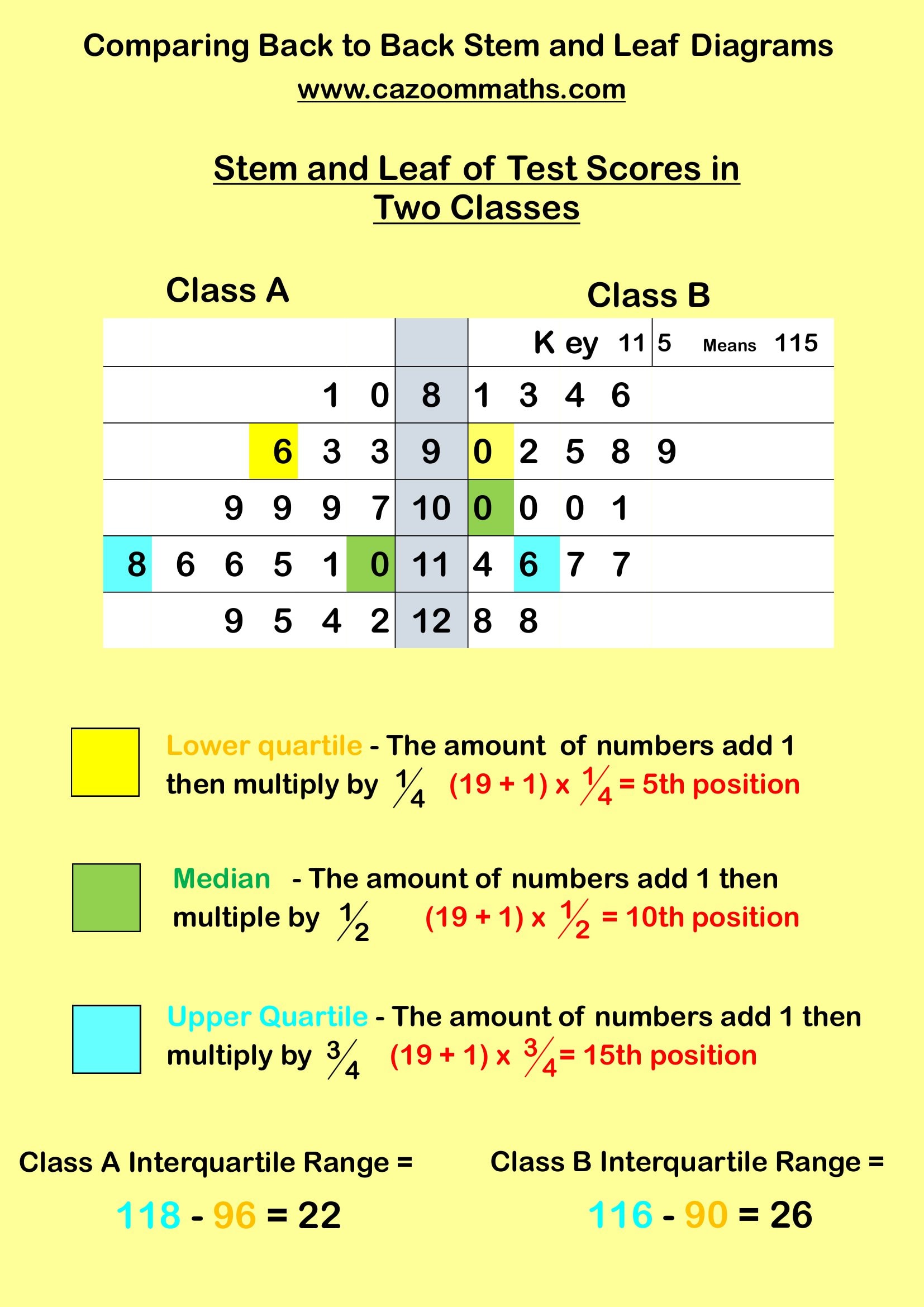
Frequency Table Templates

How to Draw Histograms
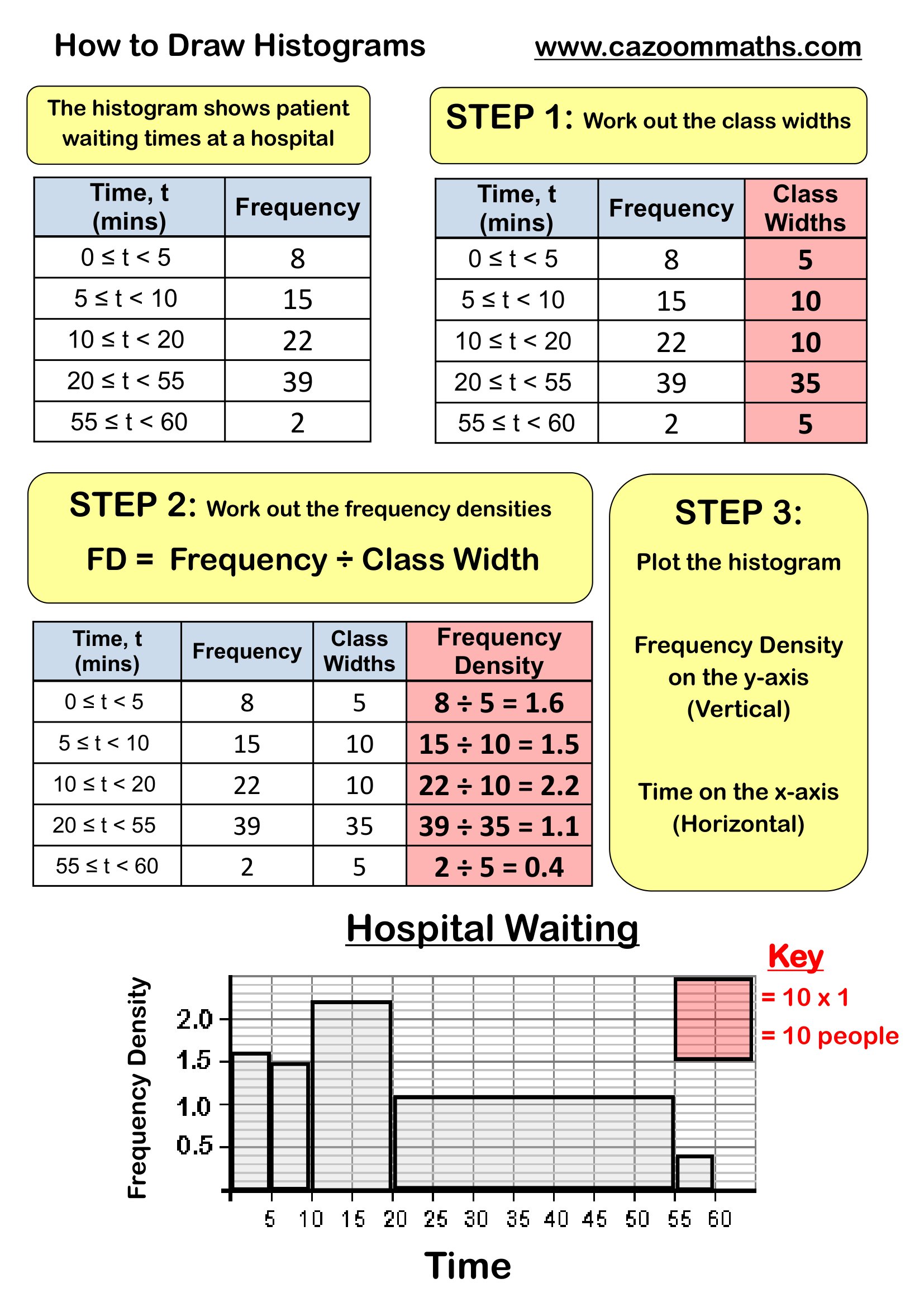
Mean From Frequency Table Example
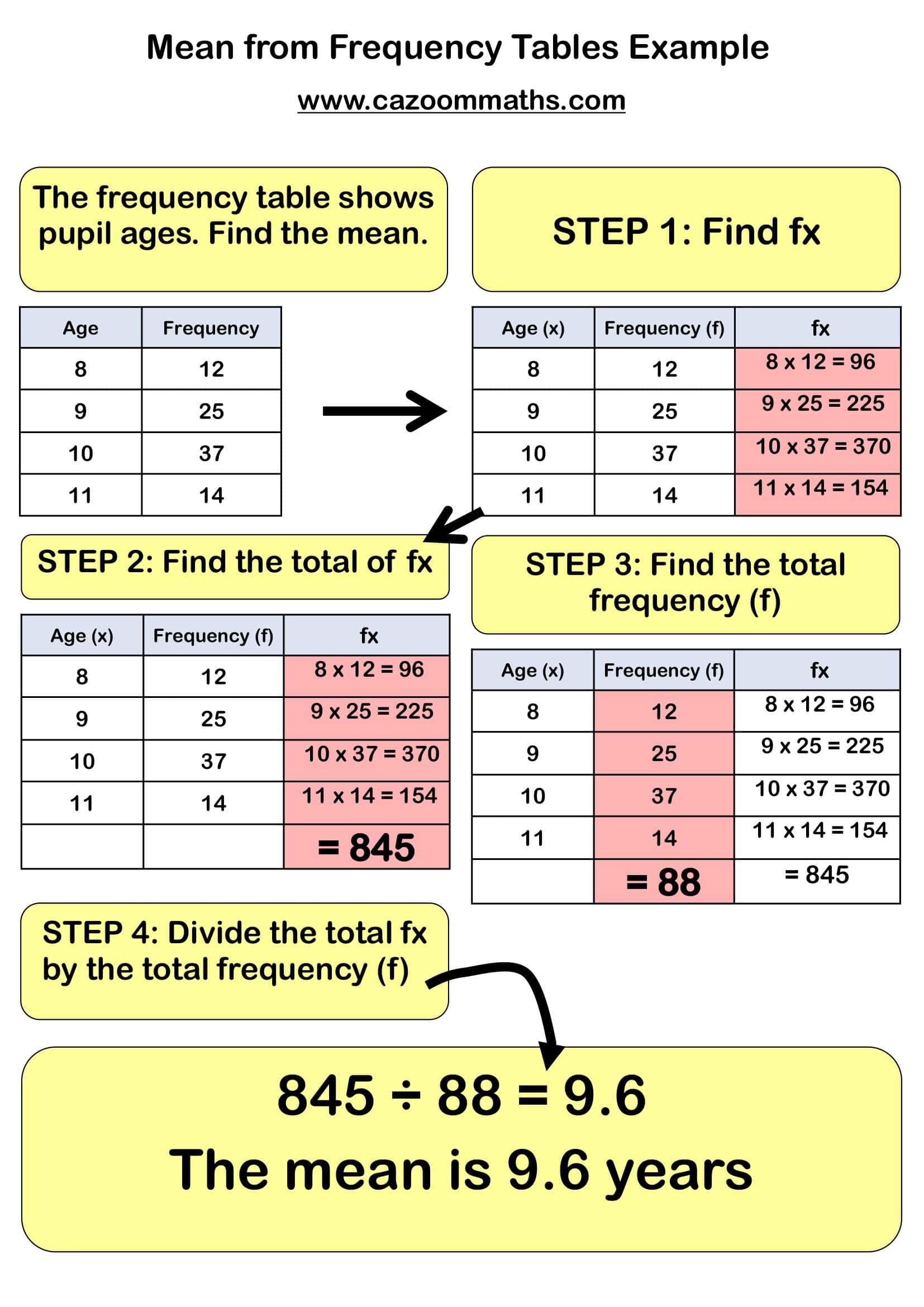
Mean From Grouped Frequency Table Example
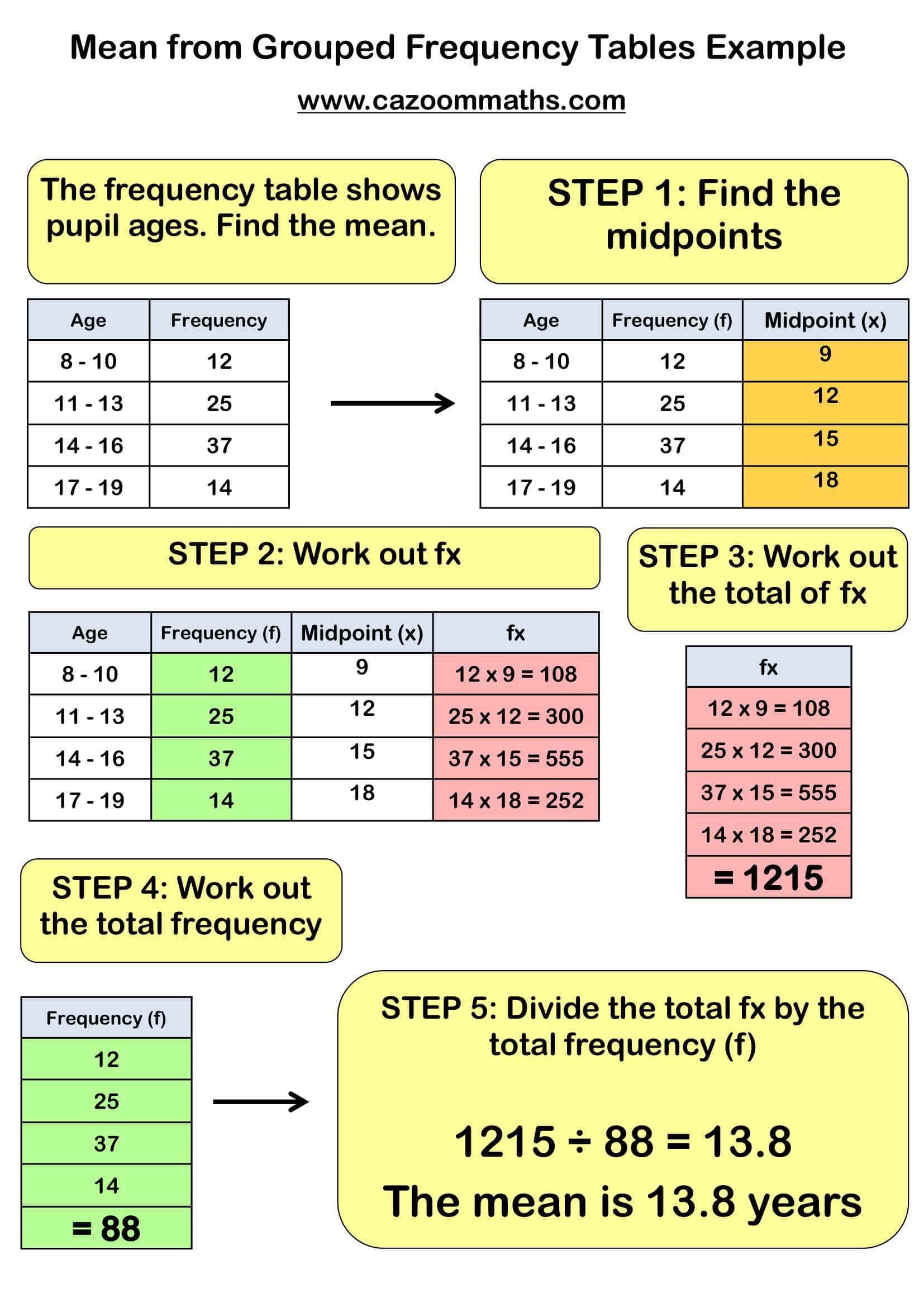
Mean, Mode, Median and Range
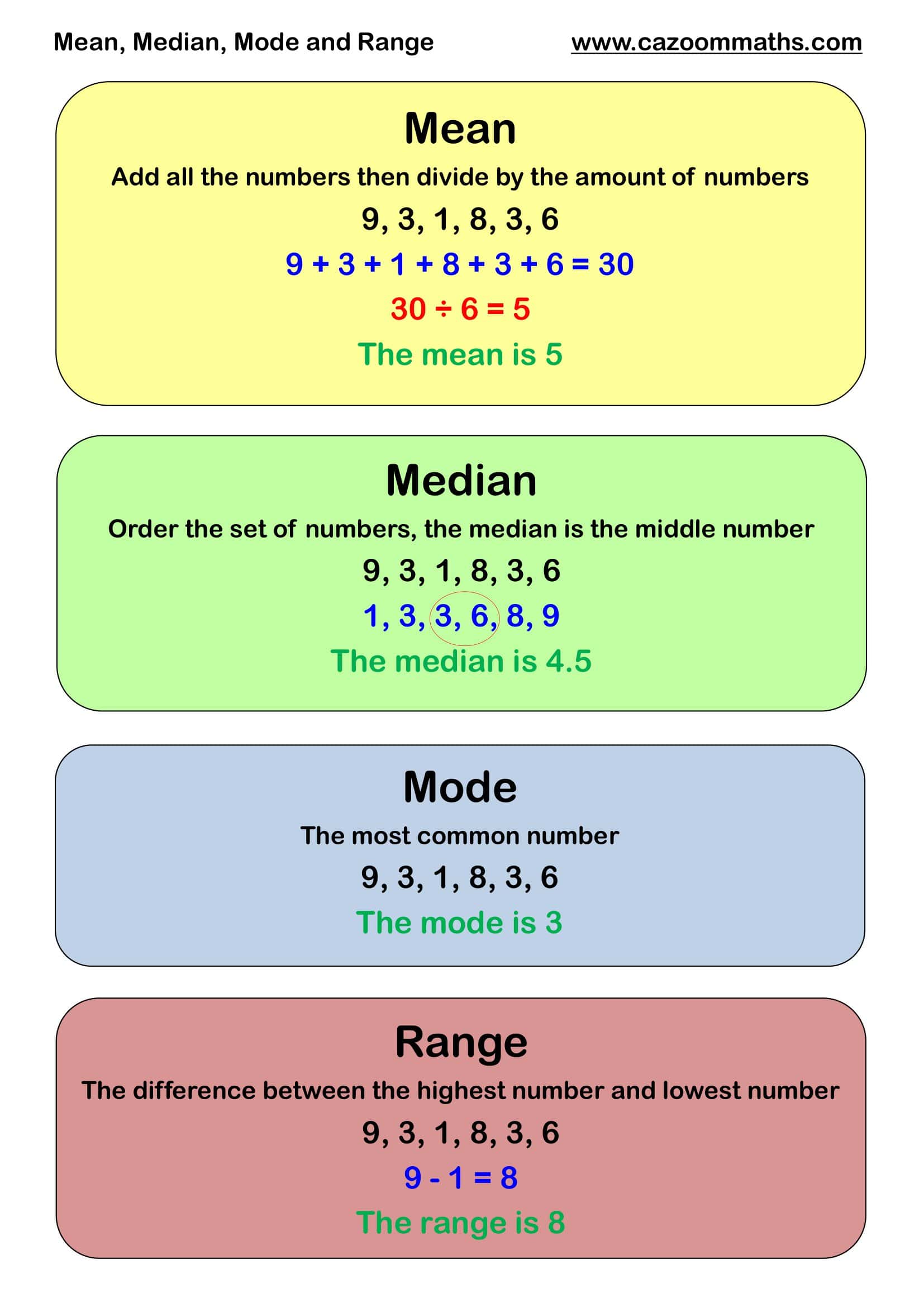
Pictogram Example
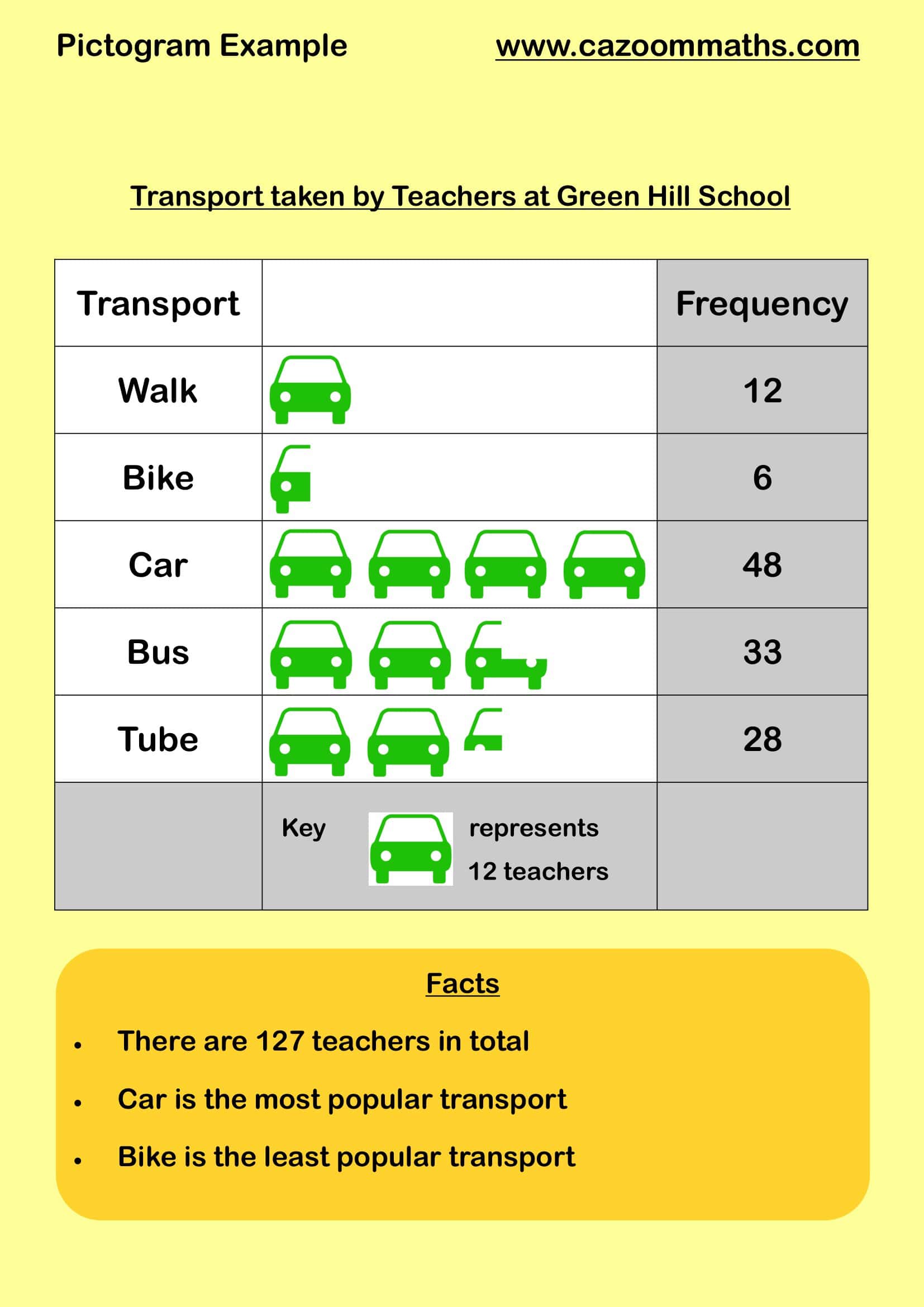
Probability Key Words
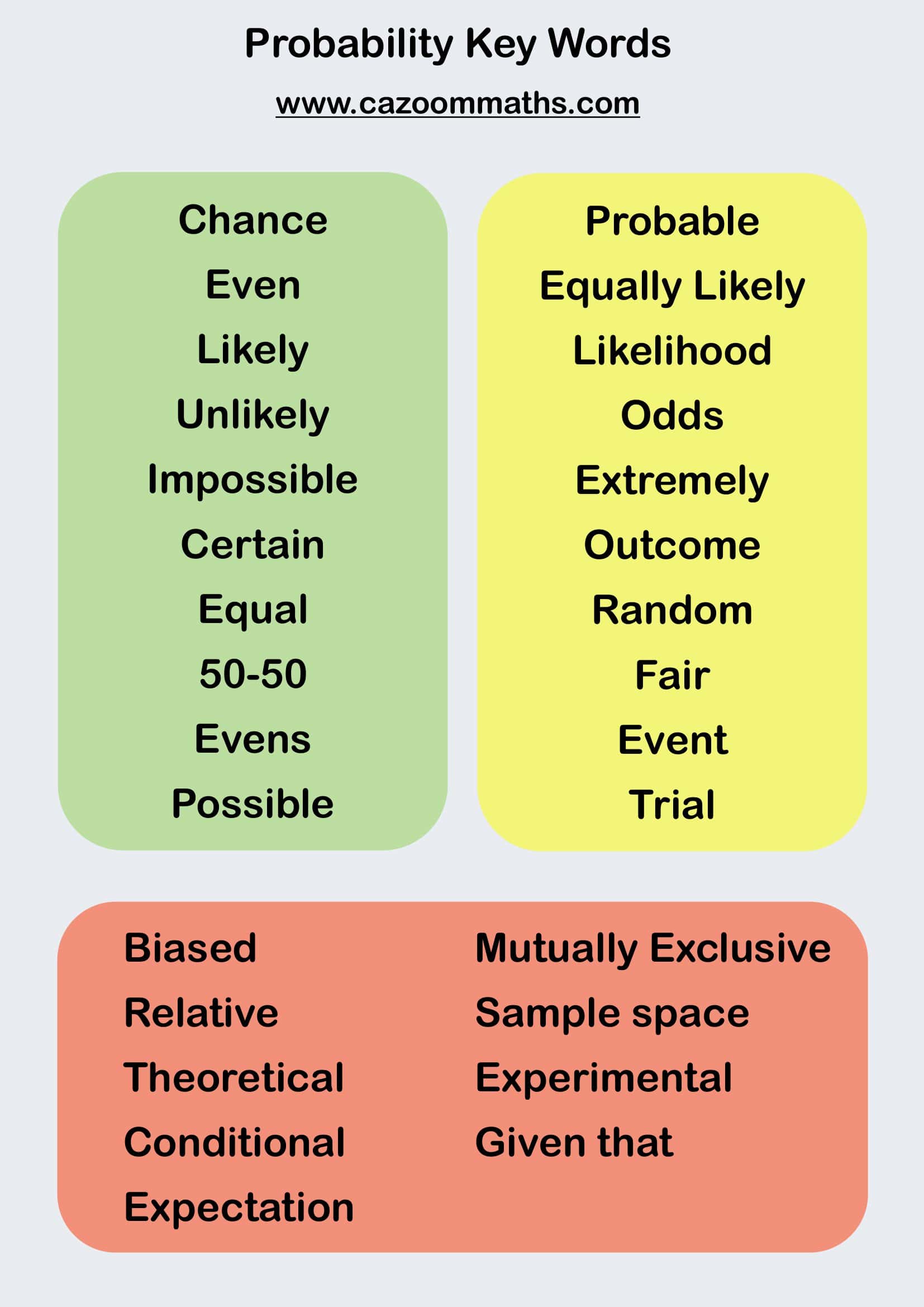
Probability Scale
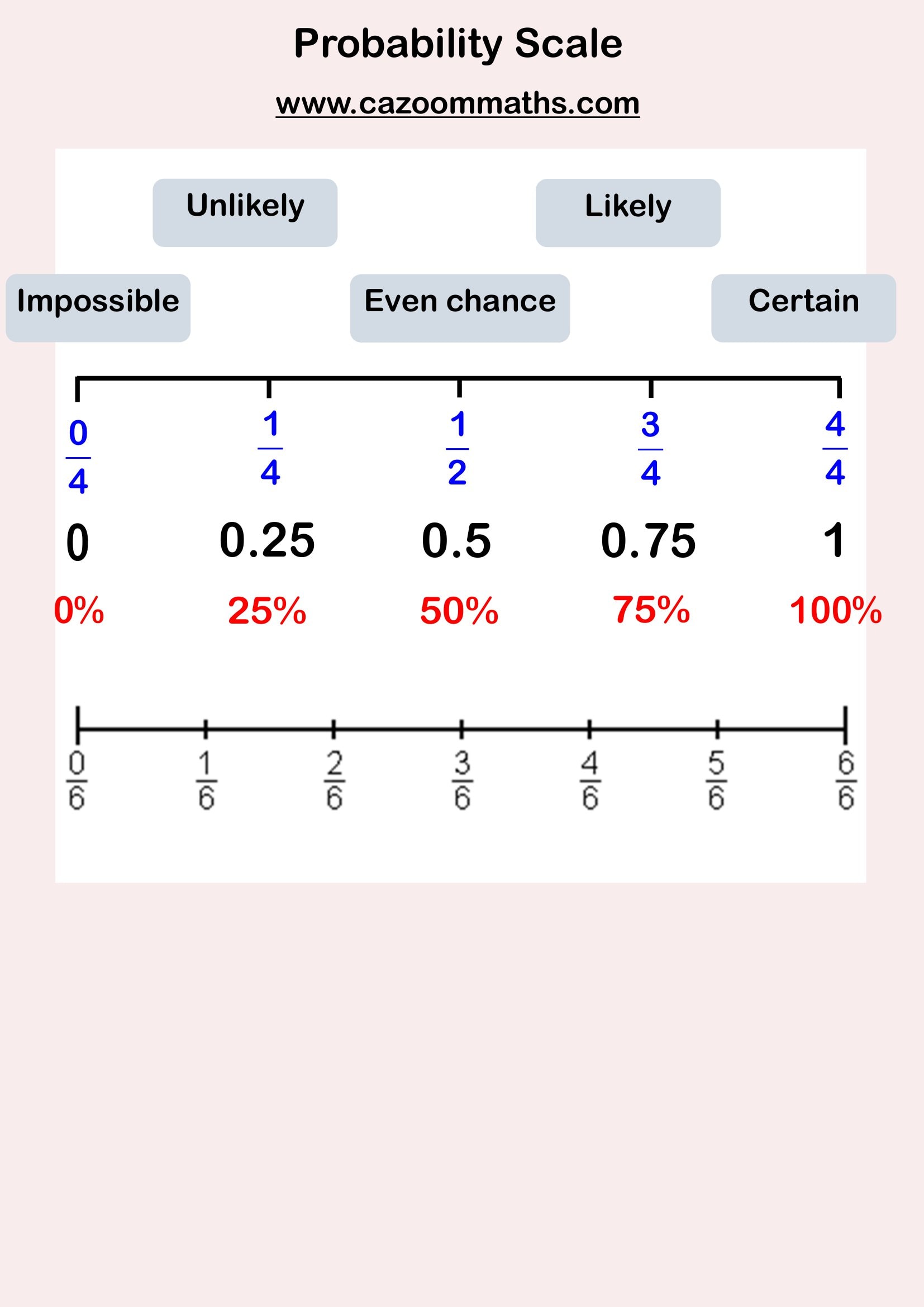
Stem and Leaf Diagrams Templates

The Line of Best Fit
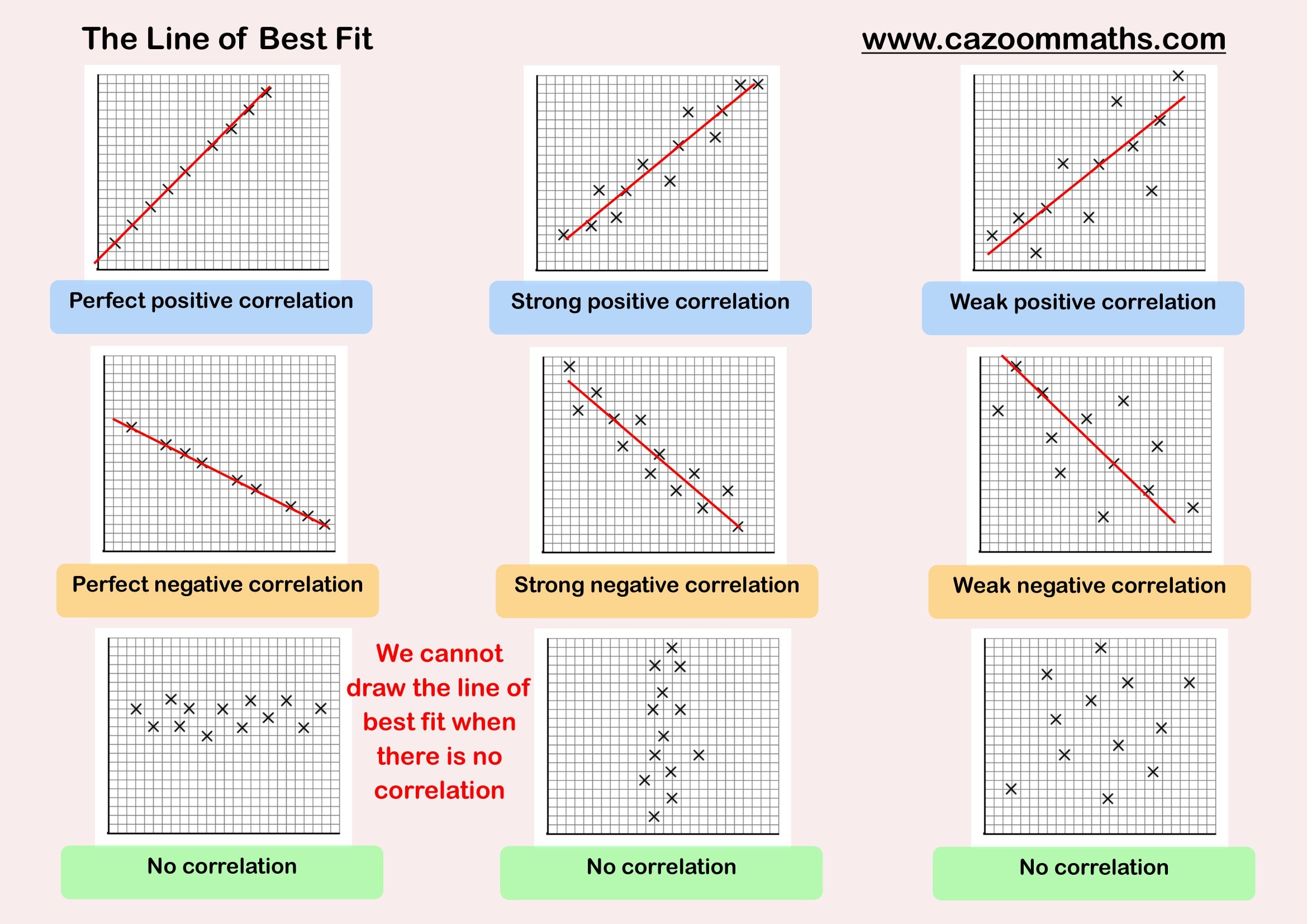
Tree Diagram Blanks

Tree Diagram Example
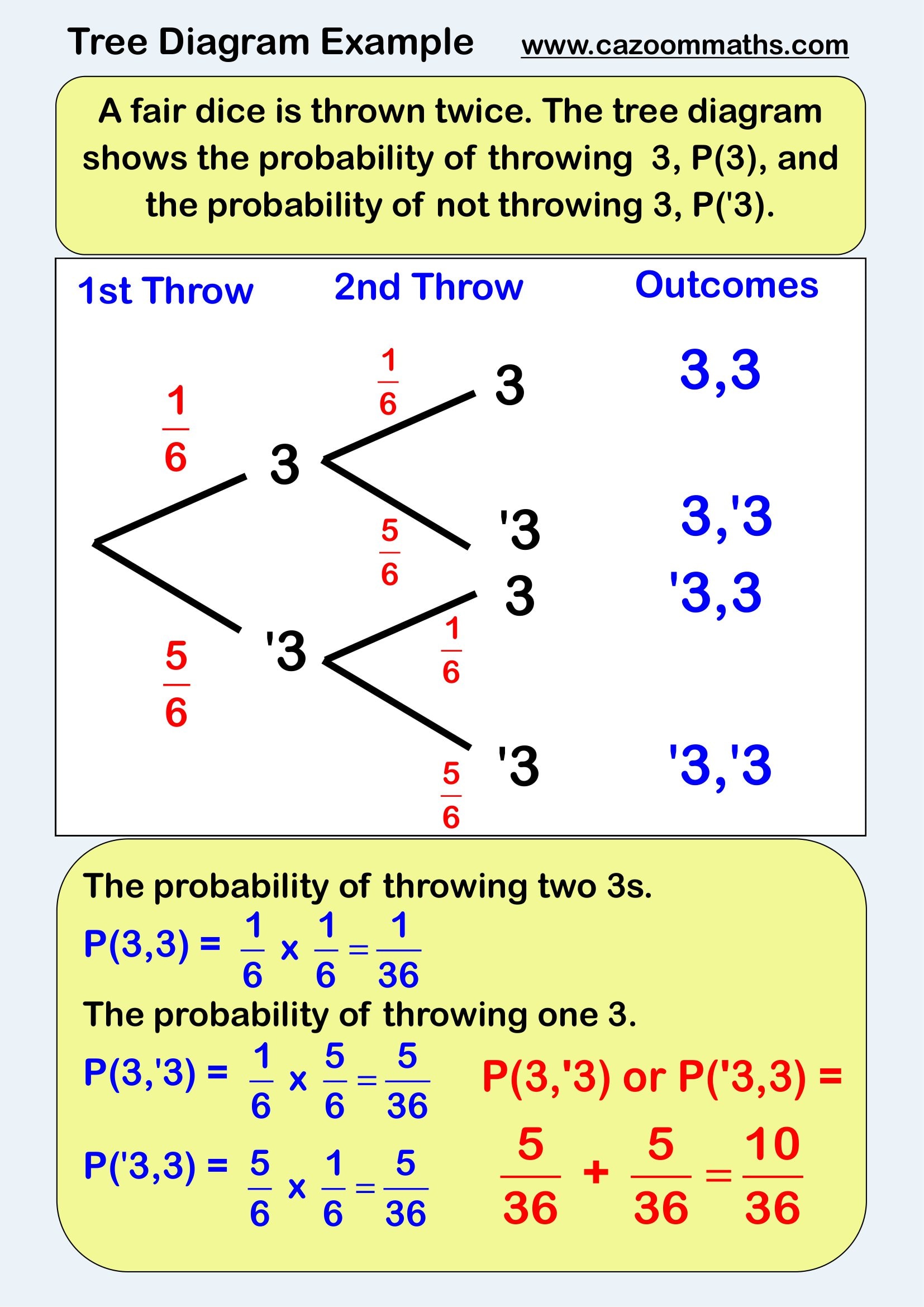
Two Way Table Example
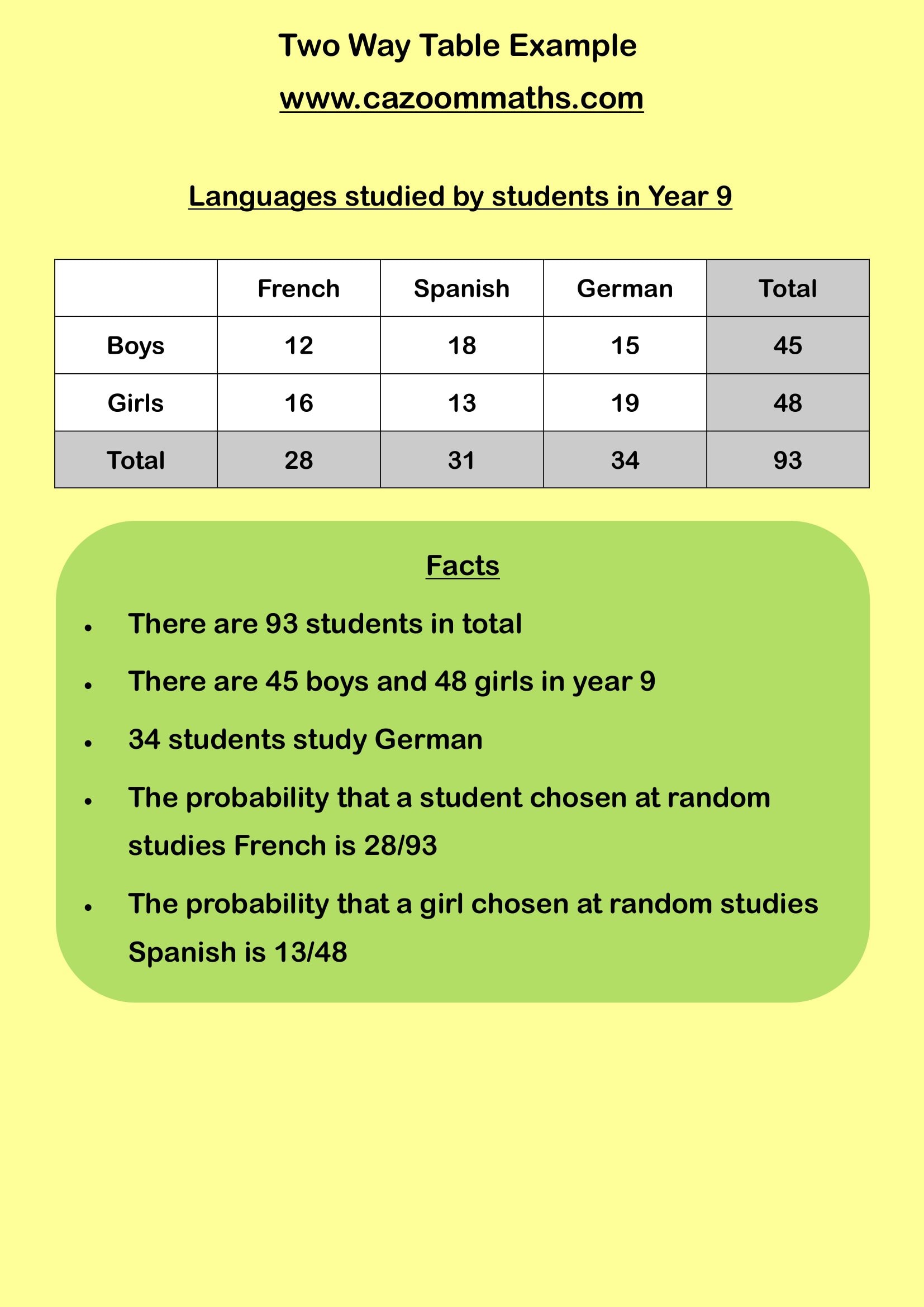
Two Way Table Templates
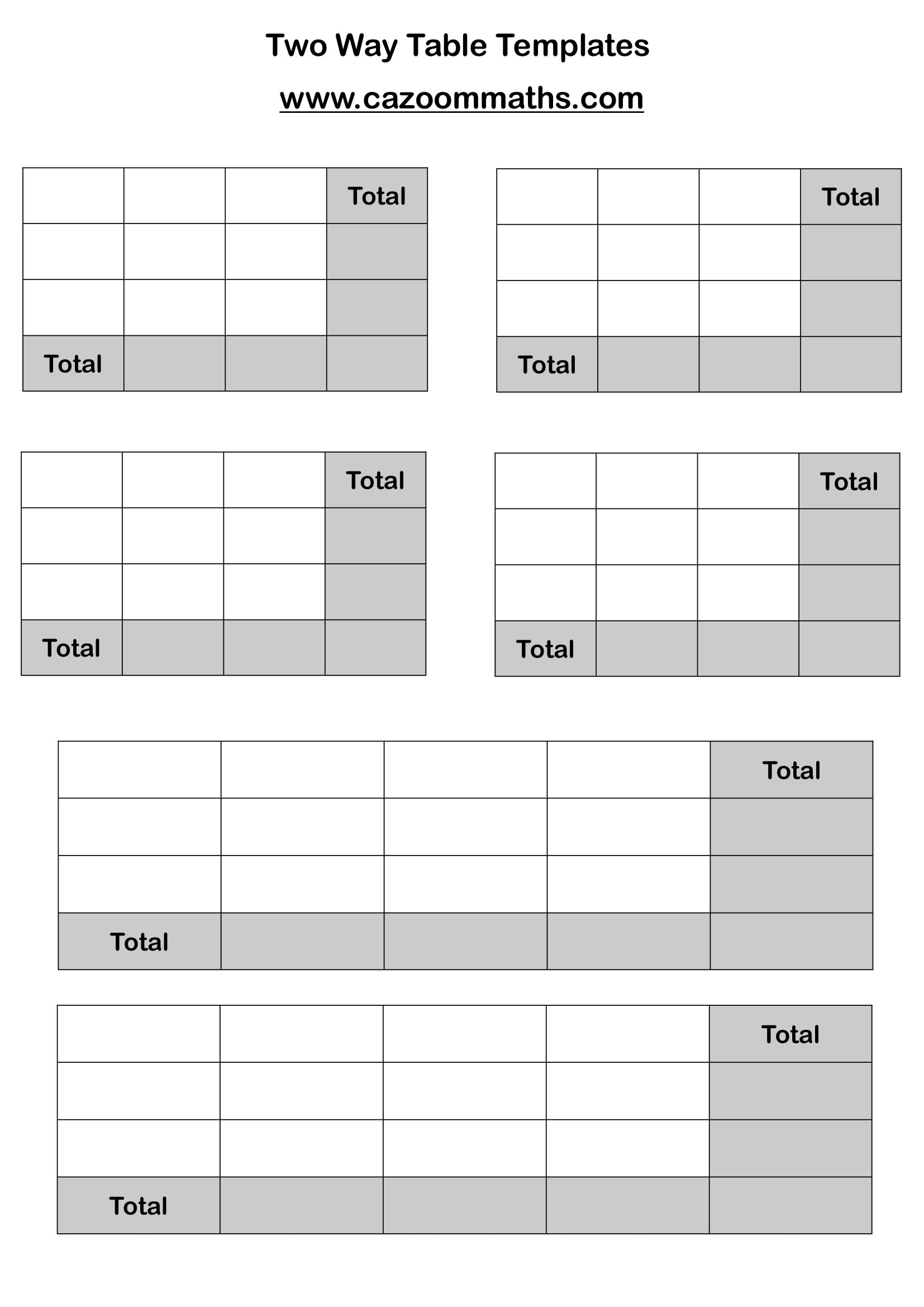
Types of Correlation
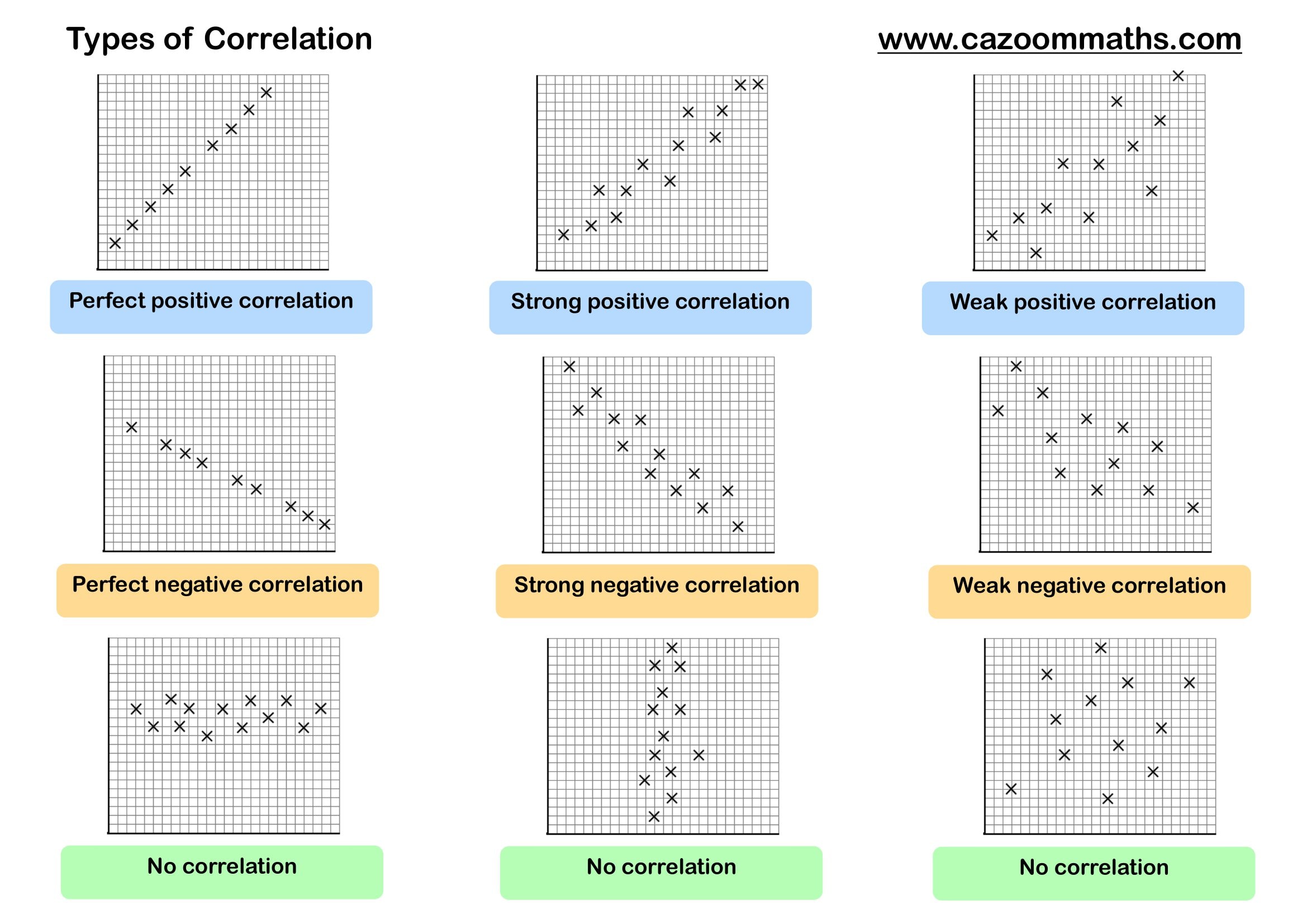
What are box plots?
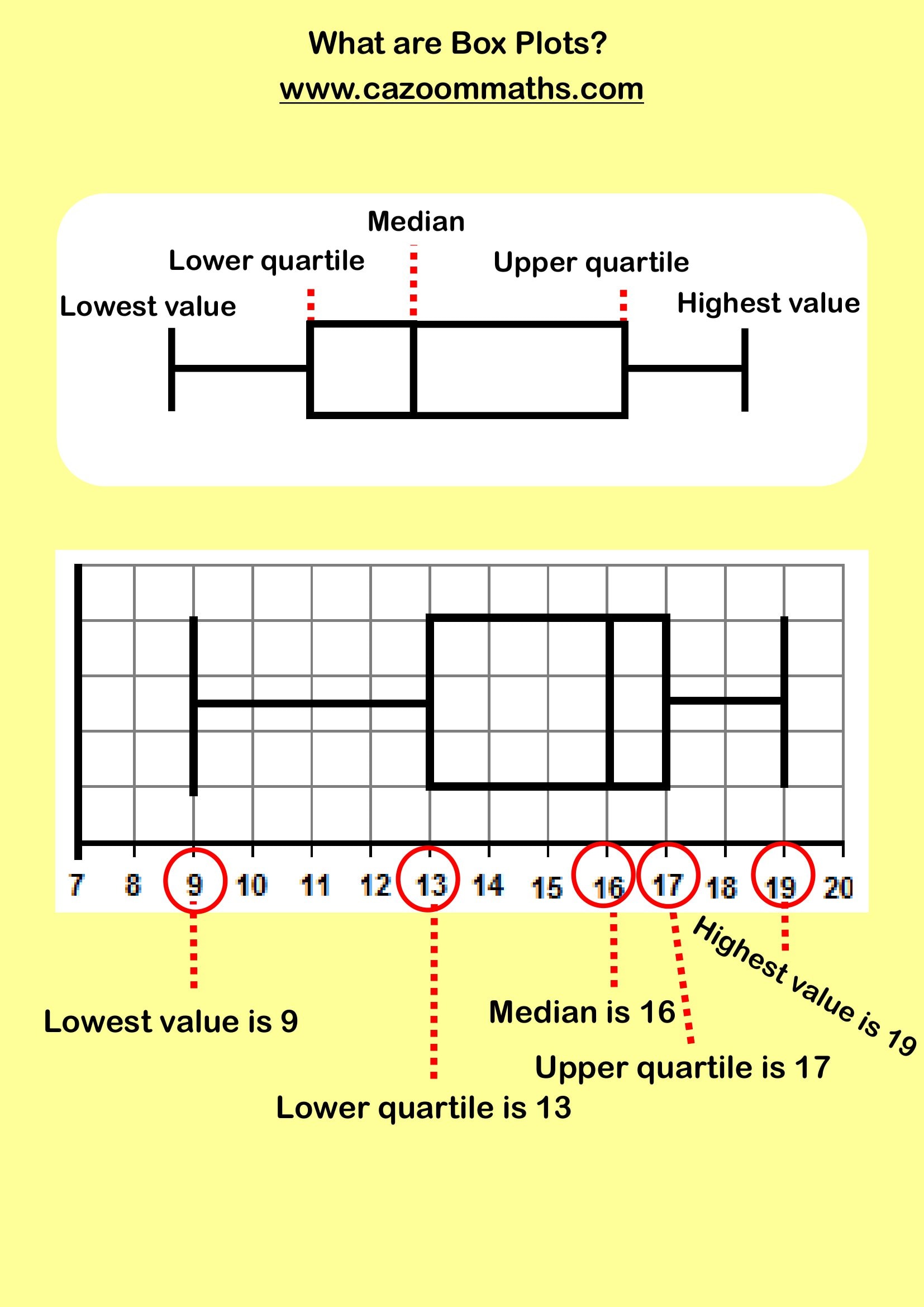
What are Histograms
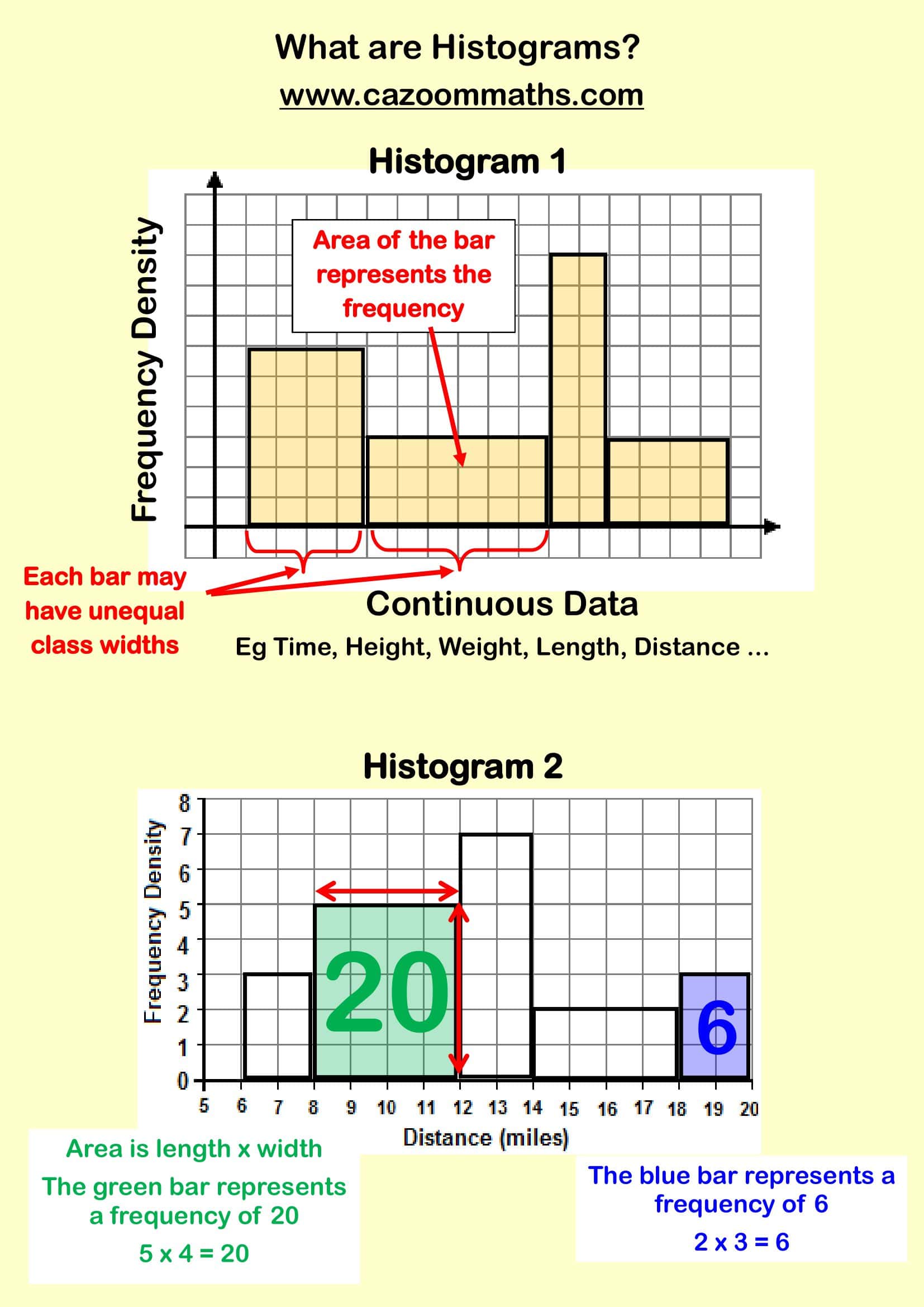
What are Stem and Leaf Diagrams
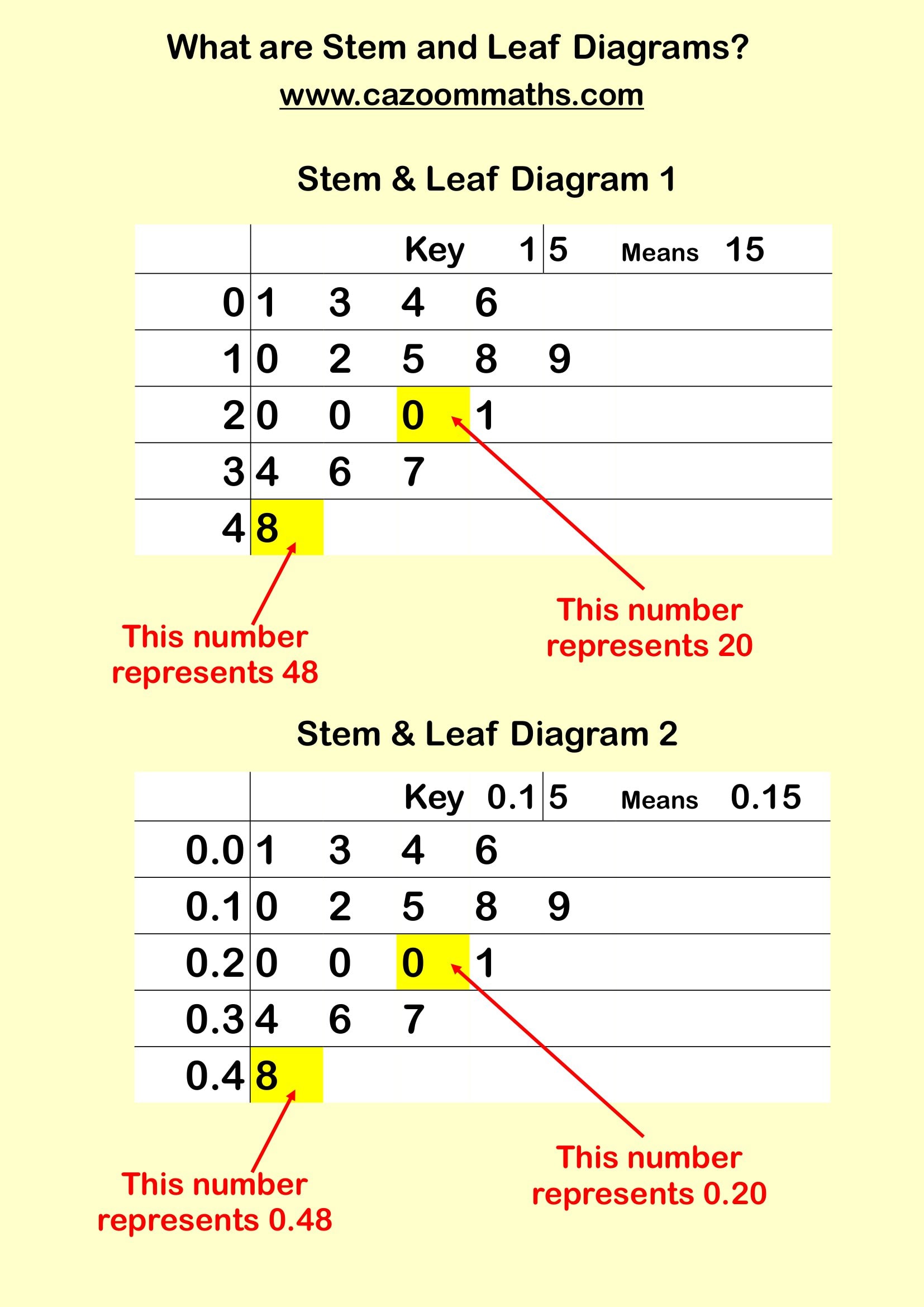
What is the Inter Quartile Range?
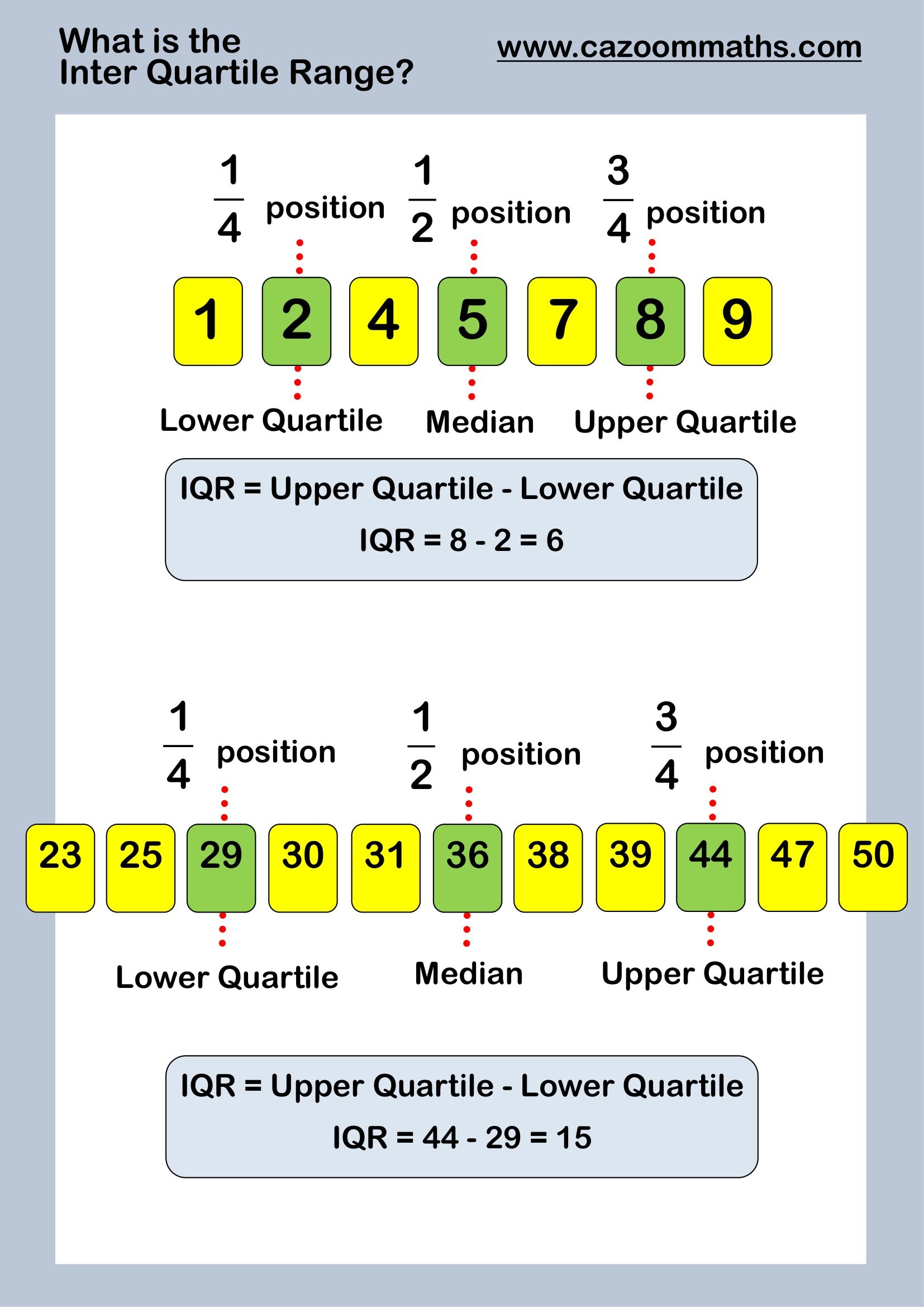
Printable Statistics Worksheets with Answers
Use Cazoom Maths for easy to follow statistics resources suitable for all levels and abilities. Our resources contain all the information your child or pupil needs to get to grips with statistics, and our problem sheets give them plenty of opportunities to practice their skills. The statistics materials available through Cazoom Maths help students master all the topics they need to know and make statistics fun!
The Real Life Applications of Statistics
Statistics are all around us. Every piece of knowledge we claim to know is backed up by statistics at some point. Statistics is the practice of collecting and analysing quantities of data, and can be used across many disciplines other than maths. Every time a survey is conducted, statistics will be used to organise the data collection, analyse the data, and interpret it in order to draw a conclusion. This could be a scientific study, a survey within the workplace, or any other situation in which data will be collected. Statistical skills and knowledge are very important in our daily lives, so it is important to make sure children are confident on this topic. Statistics worksheets are an excellent resource to help students master this important topic.
Learning Statistics Encourages Critical Thinking
Knowing about statistics enables us to think critically about the world around us. A friend might claim that women cause 80% of car accidents, but knowledge of statistics will tell you not to trust that fact until you know more about the sample size, whether there was a bias in the sample, and where the data came from. Those who know about statistics know that correlation does not necessarily equal causality, and that tight analysis is needed to establish whether there is a causal link between two or more concepts.